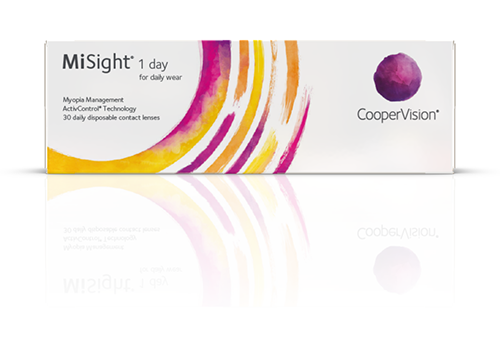The rates of myopia (near-sightedness) are skyrocketing around the world. Near-sightedness is when a person’s distance vision is blurry. Myopia usually starts in elementary school and can worsen until high school. The more myopic one becomes, the closer the blur point is and the more dependent you are on wearing your glasses.
Less time spent outdoors and more time on electronic devices are felt to be contributing to the rise in the incidence of myopia. It is recommended to take breaks from near electronic devices such as lap-tops and I-pads and spend time in natural sunlight.
People that end up with a high degree of myopia cannot function without their glasses. High myopia also has health risks associated with it such as retinal problems and glaucoma.
Recently, treatments to slow the progression of myopia have developed. Managing myopia in children is important because having refractive surgery as an adult may eliminate myopia, but it does not eliminate the health risks of having developed myopia.
Treatments to slow the progression of myopia limit the final degree of myopia so people end up seeing better and experience lower risks of visual impairment as an adult. The two types of treatments that are available are a daily drop or a brand-new type of contact lens. The contact lens is the first FDA-approved daily wear contact lens for myopia control. Dr. Bacal and Dr. Bowen are two of a limited number of doctors in the State of Connecticut who are certified to treat patients with this brand new contact lens.
Images courtesy of coopervision.com
If you have any questions about myopia and/or the treatment of myopia, contact Dr. Bacal at our office.
Blog post by Darron Bacal, MD, a Board-Certified ophthalmologist with fellowship training in pediatric ophthalmology and adult strabismus at Eye Physicians & Surgeons PC. Call Eye Physicians & Surgeons PC at (203) 878-1236 to make an appointment today.



